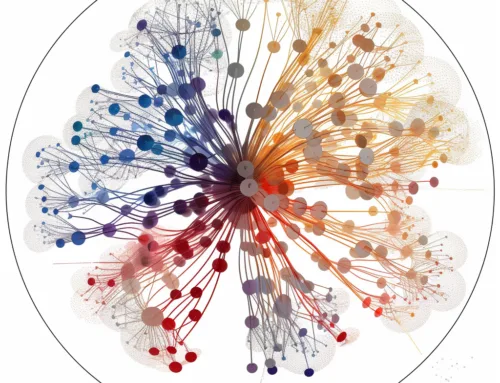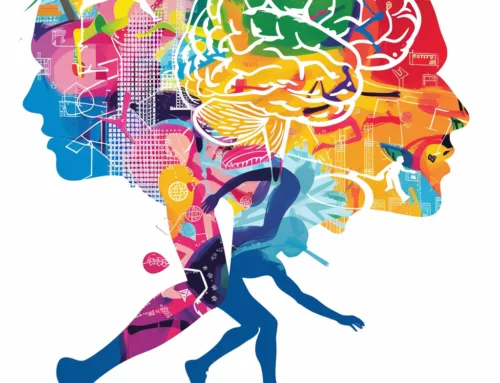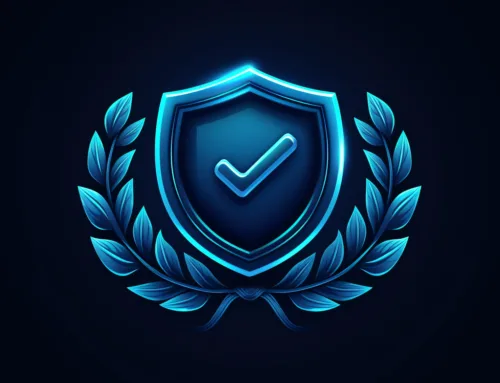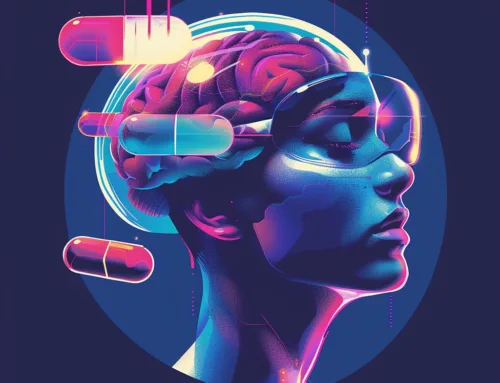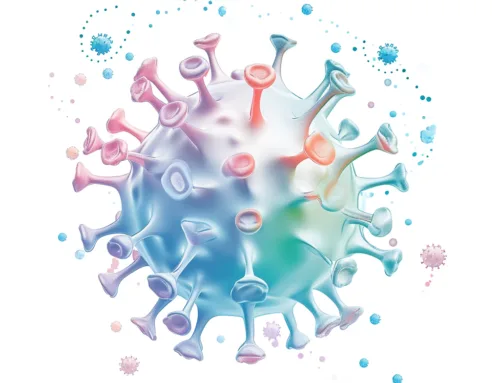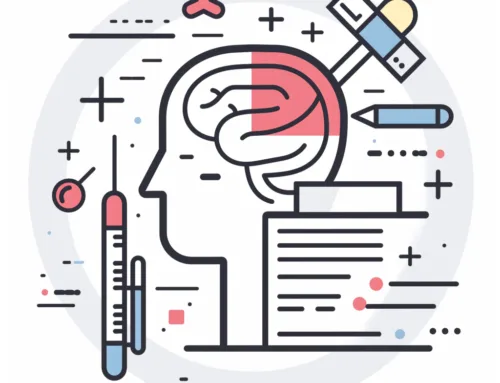The journey of brain health is a lifelong voyage, one that begins even before birth and extends into the golden years of our lives. Understanding how to care for our brains at every stage of life is crucial, not just for cognitive performance, but for overall happiness and well-being. Let’s embark on this journey together, exploring how we can nurture our minds from childhood through to older adulthood.
Early Childhood and Adolescence: Laying the Foundations
The early years of life are a critical period for brain development. During this time, the brain is highly plastic, meaning it’s exceptionally responsive to the experiences and environments it’s exposed to. Engaging children in activities that stimulate their senses and intellect—such as reading together, playing interactive games, and encouraging exploration—can significantly impact their cognitive development.
In adolescence, the brain undergoes another significant growth spurt. This phase marks a crucial time for developing critical thinking, emotional regulation, and social skills. Encouraging teenagers to engage in problem-solving activities, maintain healthy social relationships, and develop stress-management techniques can help in laying a robust foundation for brain health.
Brain Health and Adulthood: Peak Performance and Maintenance
As we transition into adulthood, our focus shifts towards maintaining and optimizing brain health. This stage of life often involves juggling multiple responsibilities, which can be both a boon and a bane for our brains. On one hand, engaging in complex tasks and learning new skills can keep our minds sharp. On the other, chronic stress and poor lifestyle choices can take a toll.
To keep our brains in peak condition, adopting a brain-healthy lifestyle is key. This includes regular physical exercise, which not only boosts mood but also enhances brain function and neuroplasticity. A balanced diet rich in omega-3 fatty acids, antioxidants, and vitamins can support brain health, as can ensuring adequate sleep and hydration. Equally important is the continuous pursuit of intellectual challenges and lifelong learning, which can keep the mind agile and active.
Older Adulthood: Prevention and Preservation
As we age, our focus often shifts towards the prevention of cognitive decline and the preservation of brain health. While some cognitive changes are a normal part of aging, there are strategies we can employ to minimize their impact and maintain brain vitality.
Engaging in regular physical activity remains crucial; even moderate exercise can have significant benefits for brain health in older adults. Social engagement and maintaining strong social networks can also protect against cognitive decline, as can engaging in hobbies and activities that challenge the brain.
Mindfulness and relaxation techniques can help manage stress and promote emotional well-being, which is vital for cognitive health. Additionally, regular health check-ups to manage chronic conditions such as hypertension or diabetes are essential, as these can impact brain function.
A Lifelong Journey
Caring for our brains is a lifelong commitment, and the strategies we employ will evolve as we move through different life stages. What remains constant, however, is the importance of a holistic approach that includes physical health, mental stimulation, social connections, and emotional well-being.
By adopting brain-healthy habits early and adjusting them to fit our changing needs and circumstances, we can support our cognitive functions and enhance our quality of life. Remember, it’s never too early or too late to start nurturing your brain health.
In closing, brain health is not a destination but a journey—one that requires attention and care at every stage of life. By understanding the unique needs and challenges at each phase, we can adopt practices that will support our cognitive well-being, allowing us to lead fuller, more vibrant lives, no matter our age.
Contact us today for a consultation
Phone: 949-776-5103 or
Email: [email protected]



